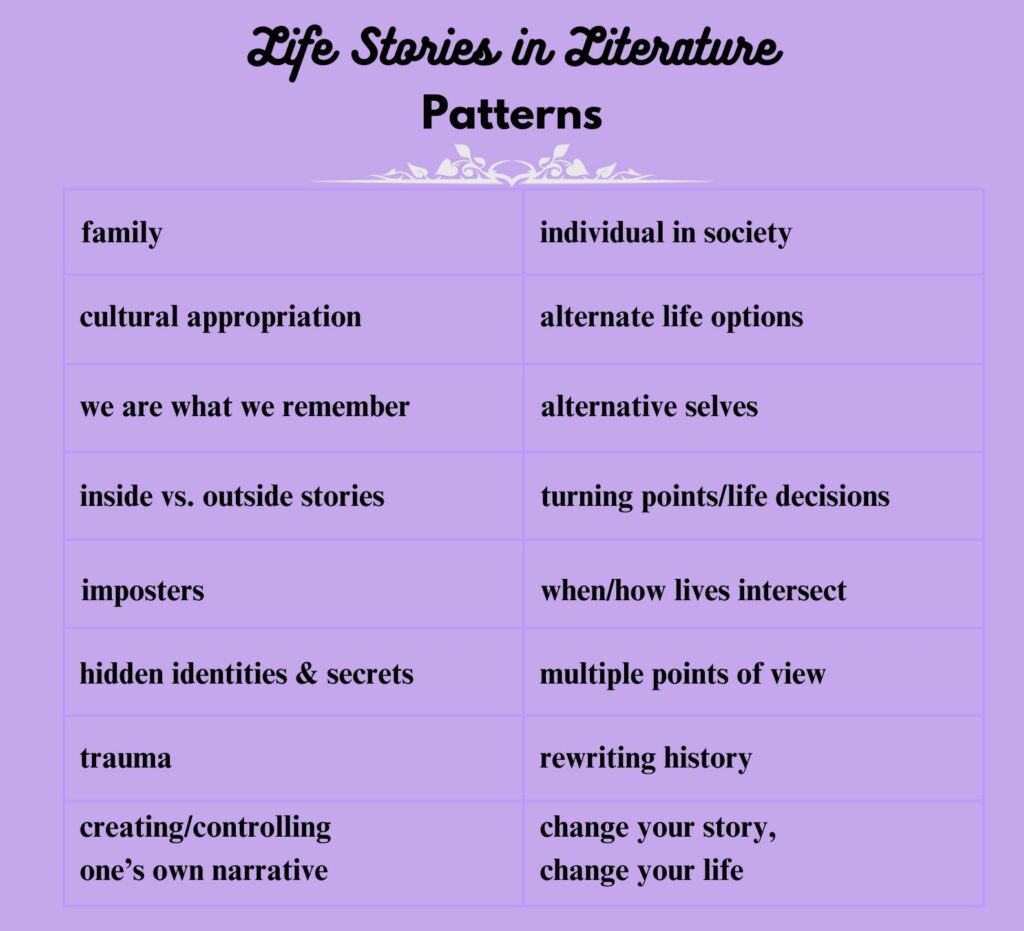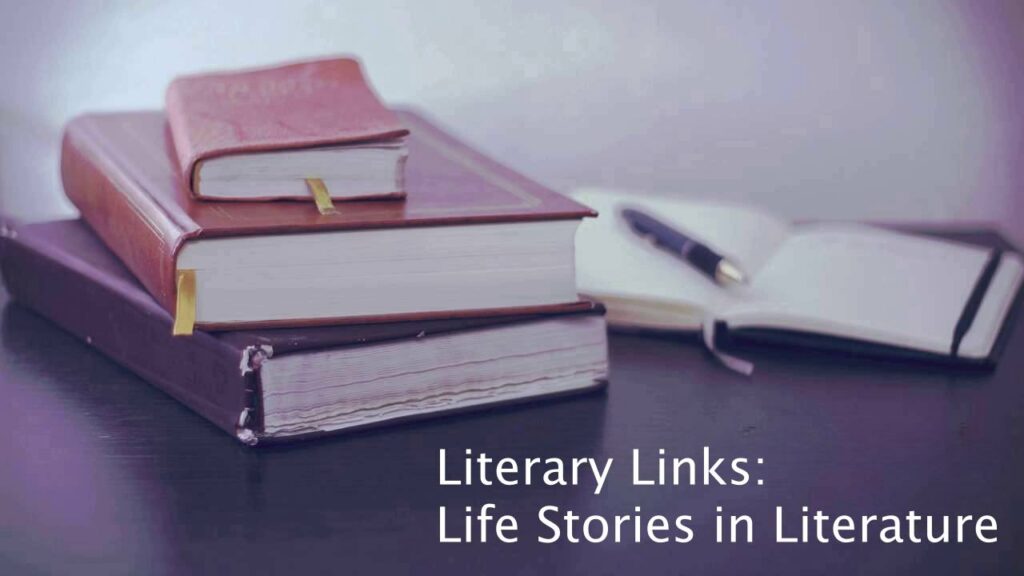
How Much Does Our Language Shape Our Thinking?
Language is perhaps the ultimate social construct. Manvir Singh, an assistant professor of anthropology at the University of California, Davis, examines “unease about the erosion of various cultural identities” as English continues to spread around the globe. At issue is the question of whether languages “influence how we perceive and respond to the world.”
Novelist on a Deadline: Barry Malzberg, 1939–2024
Along with his peers J.G. Ballard, Samuel Delany and Philip K. Dick, Malzberg was a central figure in the movement of science fiction away from the external world of adventure fiction and outer space into the psychological torments and struggles of inner space. Technology, these writers all understood, is not something external to humans but changes how we think and how we feel: The registering of technological change in the realm of emotional life was their literary project.
Making Friends with Your Past and Future Selves
“It’s what psychologists call self-continuity, and can improve your health and well-being.”
In recent years, increasing research has shown that a sense of coherence between our past and present selves can bolster mental health and, particularly, emotional resilience. Our connection to our future selves, on the other hand, can sway choices with long-term impact on our future welfare, from watching our diets to saving for retirement.
Here’s an interesting look at how our narrative sense of identity makes use of past exp8 Insightful Psychology Books That Dive Deep into Identity, the Mind, and What Makes Us Humaneriences to influence our present and future choices.
Why do we revert to our childhood selves when we visit family?
We gain our first ideas about our identities and what society expects of us from our childhood experiences at home. Gery Karantzas, professor in social psychology at Deakin University in Australia, explains how those early experiences can affect us and how we can, if necessary, change the family dynamic.
8 Insightful Psychology Books That Dive Deep into Identity, the Mind, and What Makes Us Human
“These eight psychology books provide a fascinating journey into the intricacies of the human mind, identity, and what it means to be human.”
These books are written for general readers (as opposed to academic scholars) and cover a broad spectrum of concepts about “the deep questions of what it means to be human.”
The Controversy Over Baby Names
“Annual baby-name lists don’t always stir the pot, but last year’s did.”
Parental choices of baby names may reflect changing demographics. But, according to the article, the most prevalent names don’t vary much over a span of years.
I Wrote a Memoir About Grief. That Was the Beginning.
Sloane Crosley wrote a memoir, Grief Is for People, about losing a friend to suicide. The many letters and emails she received after the book was published surprised her because “[n]one of their authors wanted anything.” Instead, “[t]hey were flares. Missives of grief.” They were “a measurement of our need to unburden ourselves about loss, about suicide in particular, and our struggle about how to do it in a way that feels honest and useful.”
Much of the cultural response to suicide, at least here in the U.S., is that it’s something to be ashamed of or embarrassed about—and something that should not be talked about. Crosley’s message is exactly the opposite:
when we don’t move the problem to the forefront of our consciousness, to a place where we are not shocked or embarrassed by it, the danger spirals out in two directions: more death for people suffering in silence and less ability to cope with that death for the people left behind.
How Do You Live a Happier Life? Notice What Was There All Along
“Reacquaint yourself with the good things in life by taking the time to appreciate them—and yes, it’s OK to rush through the bad stuff.”
In this article, published on December 31, 2024, Tali Sharot, professor of cognitive neuroscience at University College London and MIT, addresses a conundrum that may arise during end-of-year analyses:
Why is it that you have some great things in your life—perhaps a fulfilling career, a loving family, a cozy home—but these things seem to only have a limited impact on your daily happiness?
Sharot offers some suggestions on how to appreciate the good things in our lives and to acknowledge the “the terrible things . . . that we could potentially change if we try.”
© 2025 by Mary Daniels Brown


I’ve believed since college that language shapes our world and how we interact with it.
I came to this realization a bit later (some time in grad school) than you, Liz. But I do believe that language and its creation, literature, shape how we see and interact with the world. Also, literature can show us new ways of interacting with our world that other language formats can’t.
I couldn’t agree more about literature!!